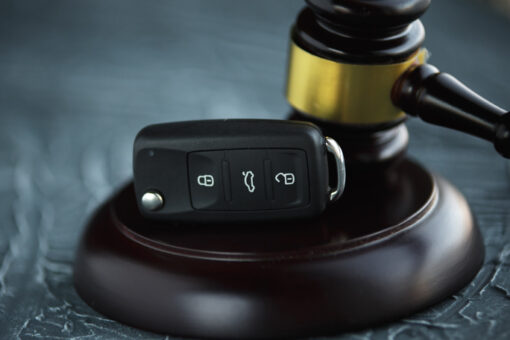
When filing for bankruptcy, it’s also a good idea to make a list of “exempt” assets. Even if you file for bankruptcy, an exemption permits you to preserve some possessions. In a chapter 7 bankruptcy, your property will be treated differently than in a chapter 13 bankruptcy.
Chapter 7 bankruptcy, for example, permits you to wipe out many of your obligations while simultaneously requiring you to relinquish some of your possessions so that they may be auctioned to pay off your creditors. The value of your property is added to the amount you must pay each month in Chapter 13. This is due to the fact that you may sell your goods and use the proceeds to pay off additional obligations.
Some of your goods, including automobiles, may be protected from bankruptcy since it is commonly accepted that individuals require some types of property to survive. When you own your automobile altogether or are current on your car payments, you may be eligible for a vehicle exemption.
What is the amount of equity you have?
In a bankruptcy proceeding, you may only claim exemptions for the amount of equity you have in each asset. If you own your automobile outright, the amount of equity you have is equal to the car’s fair market worth, regardless of how much you paid for it when you bought it. If you make automobile payments, the equity you have in the vehicle is equivalent to the value of the vehicle you really possess.
For instance, if your automobile is worth $12,000 but you owe just $10,000 on it, you have $2,000 in equity. You take the first step toward ensuring that your automobile is certified exempt by determining the amount of equity you have in it.
Is your invested capital tax-exempt?
The most difficult aspect of the situation is that federal law only permits you to have a car exemption of a certain amount of money. You are only covered up to the amount of equity you have in the automobile if it exceeds the vehicle exemption limit.
If your automobile is worth $500 more than the maximum, for example, a chapter 7 bankruptcy would force you to pay $500 to the bankruptcy trustee in order to keep it. If you chose to keep the automobile after a chapter 13 bankruptcy, the $500 would be added to your monthly plan payments.
So, what are your options?
It is feasible to declare bankruptcy while maintaining ownership of your vehicle. Contact The Law Offices of Paul Y. Lee at 951-755-1000 to see whether your automobile is exempt.

